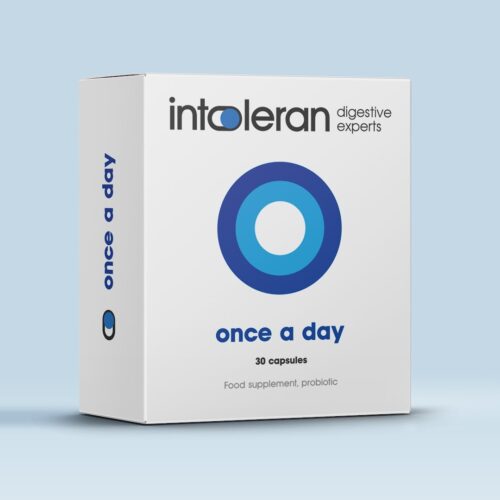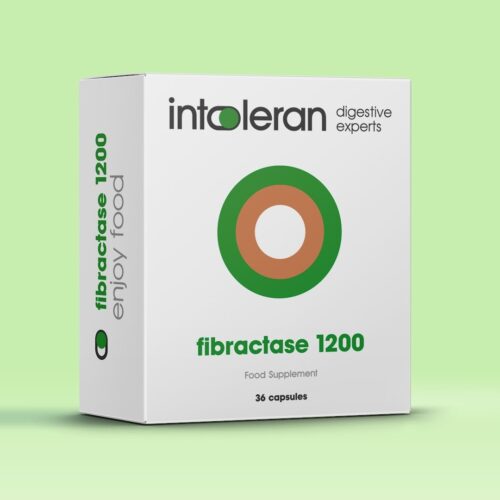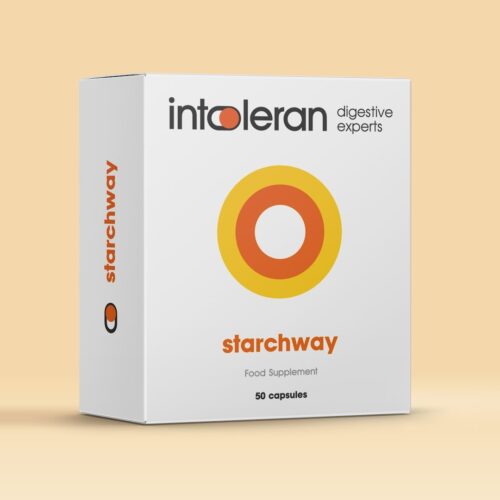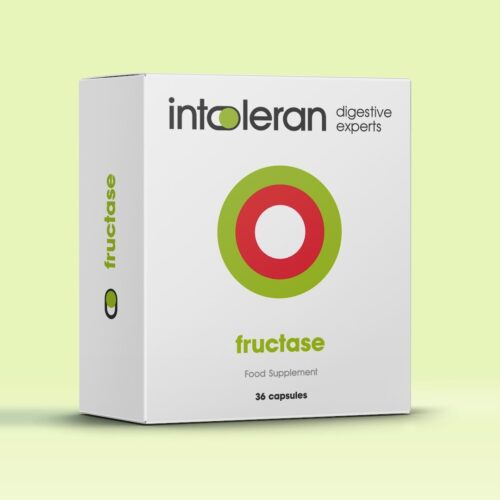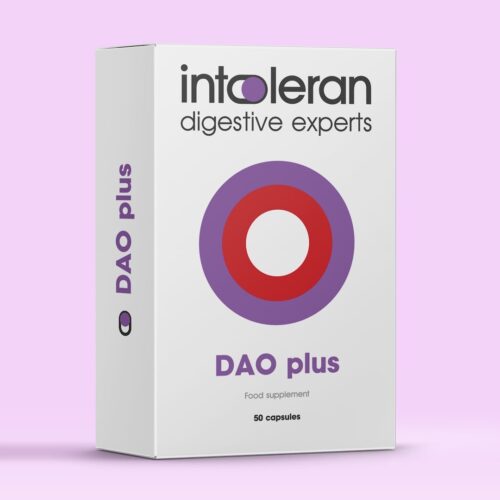Bacterial overgrowth in the intestines, also known as SIBO, can cause unpleasant symptoms. Below, we discuss what SIBO is and what you can do about it to remedy it.
SIBO stands for ‘small intestinal bacterial overgrowth’, which means an overgrowth of bacteria in the small intestine. Normally, our food is digested in the small intestine. In SIBO, this process is disturbed by an excess of bad bacteria in the small intestine. The nutrients are absorbed into the body in the small intestine, so when SIBO is present this does not work as well.
The bad bacteria in the small intestine use the nutrients in food for their own purposes. The bacteria mainly use zinc, iron, manganese, vitamin B12, and magnesium. When the bacteria use these nutrients they produce gases. These gases can cause symptoms such as flatulence or abdominal pain.
There are a number of different possible causes for SIBO. Below, the most common ones are listed:
- An intestinal infection
- An operation in which part of the stomach or intestine has been removed
- Impaired bowel function
- Reduced enzyme production by the pancreas
- Decreased production of bile acids
- Decreased stomach acid (or frequent use of antacids)
- Use of antibiotics
- Chemotherapy
SIBO is characterized by various intestinal symptoms; often several symptoms occur simultaneously. The way in which the intestinal symptoms develop varies from person to person. Below are the most common complaints and symptoms typically experienced with SIBO.
- Abdominal pain.
- A bloated feeling.
- Diarrhea.
- Flatulence.
- Constipation
The symptoms of SIBO are very similar to the symptoms of irritable bowel syndrome (IBS). Because of this, it can be very difficult to determine whether you have IBS, SIBO, or both. People with IBS are more likely to develop SIBO.
Currently, no effective tests to determine SIBO exist. One of the methods currently used is the hydrogen breath test. This test is also known as the H2 test. This test can be used to determine whether certain types of sugar are being properly digested in the small intestine. Unfortunately, this test is not always reliable and can sometimes make a wrong diagnosis.
To get the symptoms of SIBO under control you can do a number of things yourself. Below are a number of factors that can help the symptoms of SIBO.
A special SIBO diet has been developed that improves bacterial overgrowth in the small intestine. The goal of the diet is to keep bacteria in the small intestine from receiving nutrients that they can use for their own purposes. The diet consists of elements of the FODMAP diet and the specific carbohydrate diet. The diet avoids foods that encourage bacterial overgrowth. For example, foods that consist of short and long chains of fiber are avoided. Further, dietary advice includes consuming easily digestible food because as this type of food is absorbed faster, the bacteria have less chance to use food for their own consumption. It is advisable to follow the diet preferably in combination with an antibiotic and under the supervision of a dietitian.
Supplements can be used to reduce or even eliminate symptoms of SIBO. For example, there are supplements that contain digestive enzymes to support digestion. These supplements help you to break down foods that you would not normally digest properly due to impaired digestion. In SIBO, certain enzymes are sometimes unable to do their job properly in breaking down foods such as FODMAPs. Digestive enzymes in supplement form can help with this.

free advice from our dietitians
Let us help you with your digestive complaints, like we’ve helped many others. We will help you find the solution that fits your needs best.
Fill out our contact form and we will get back to you
our products


 NL
NL IT
IT FR
FR ES
ES AU
AU US
US SG
SG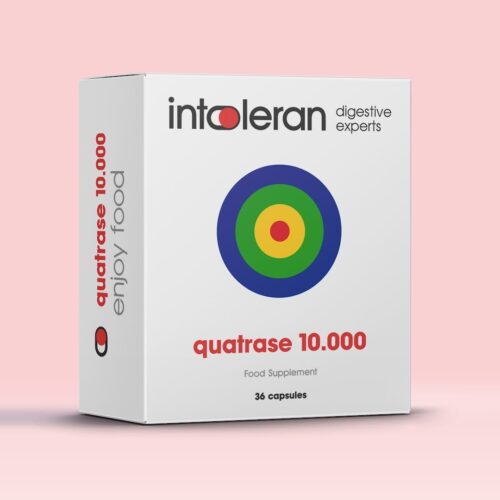
 5/5
5/5